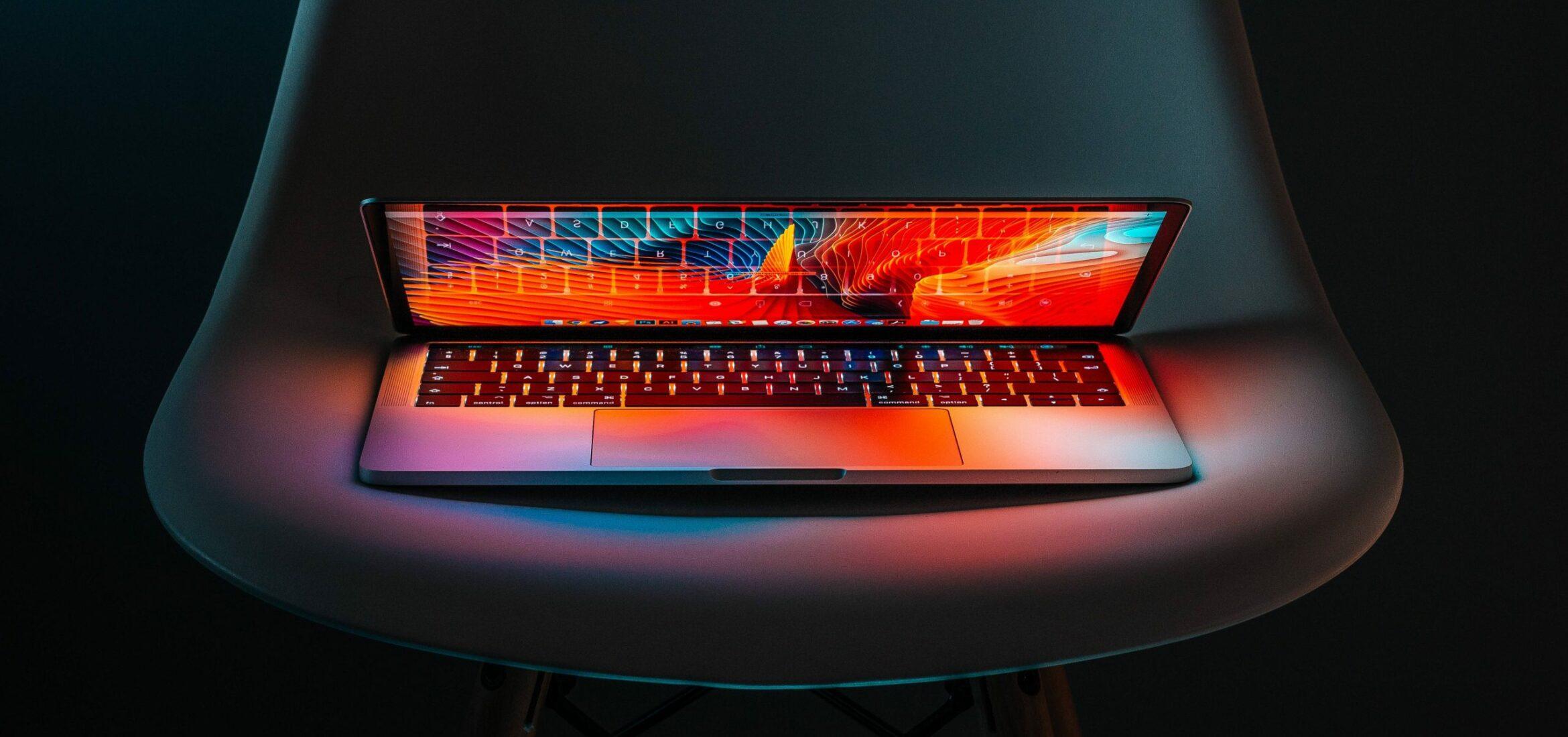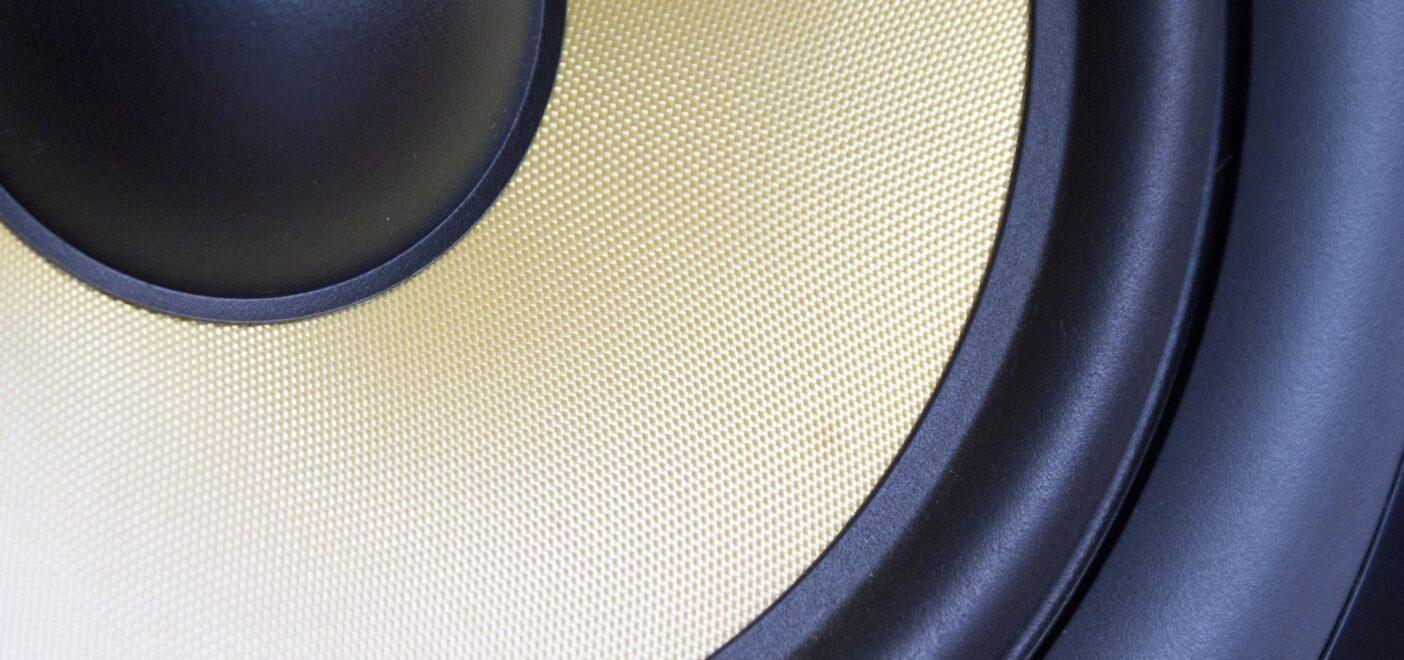The accelerated production of high-quality laptops, tablets, and smartphones over recent years has made the mobile music world much more accessible. I regularly see FOH engineers doing their mixes via iPads, and I know plenty of composers who use mobile apps for music production. Now, while those platforms have become incredibly powerful and handy to use, neither of them is yet good enough to outperform well-built music production laptops.
If you’re looking to take your music production on the road, or perhaps you want to be able to move between recording locations with ease, you’re almost certainly going to want to get yourself a dedicated laptop. I personally resisted the idea for years, but when I finally bit the bullet, I soon realized how freeing and ultimately beneficial it was to my work. Today, I’m going to run down some of the key things you should look for in great music production laptops and suggest a few models to check out.
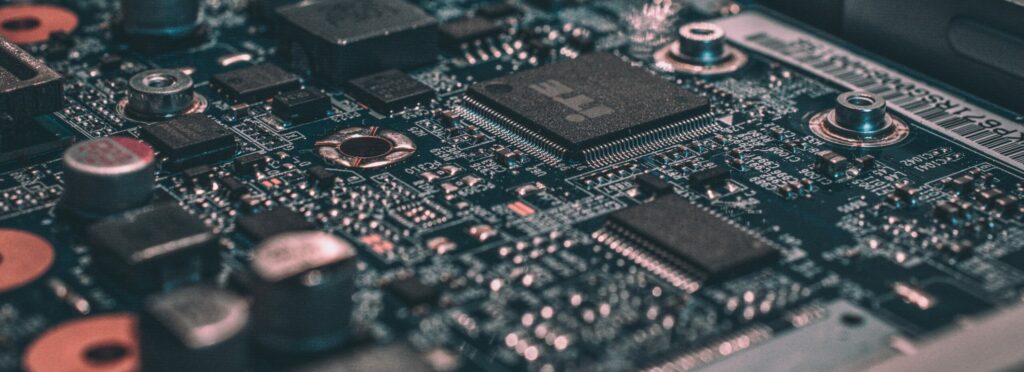
The Technical Stuff
While some of you may have fantastic knowledge of the intricate workings of laptops and personal computers, I feel it’s worth quickly going over some key aspects to pay attention to. When I built my first studio tower machine, I knew nothing, and it was a steep learning curve trying to work out what parts to buy. If this sounds like you and the mere idea of comparing technical specifications puts you off, let me be of assistance.
Operating System
Probably the most important first decision you’ll need to make is which operating system you’ll choose. Apple has always been known for its smooth operating systems, but the number of programs available to you is limited. Windows-based machines tend to be more modifiable and offer more choices, but they are also more susceptible to infection and corruption. Take a look at the software you want to use and check compatibility before jumping into anything. The last thing you want is to get your brand new Windows 10 laptop home only to find out it won’t run Logic!
Central Processing Units
The central processing unit (or CPU for short) is the heart of your laptop. This is the key component that will have the most impact on the computer’s processing power. Almost all laptops will contain a processor created by either Intel or AMD. Due to the competitive nature of the market, at least within Windows laptops, both companies make equivalent products; however, Intel CPUs are usually more expensive than AMD. For those of you panicking over which way to go, ultimately it doesn’t matter too much. If you were looking to build a super high-end, state-of-the-art machine, then it definitely would. However, I’d imagine that if you’re after music production laptops, you probably aren’t building something that could launch rockets into space.
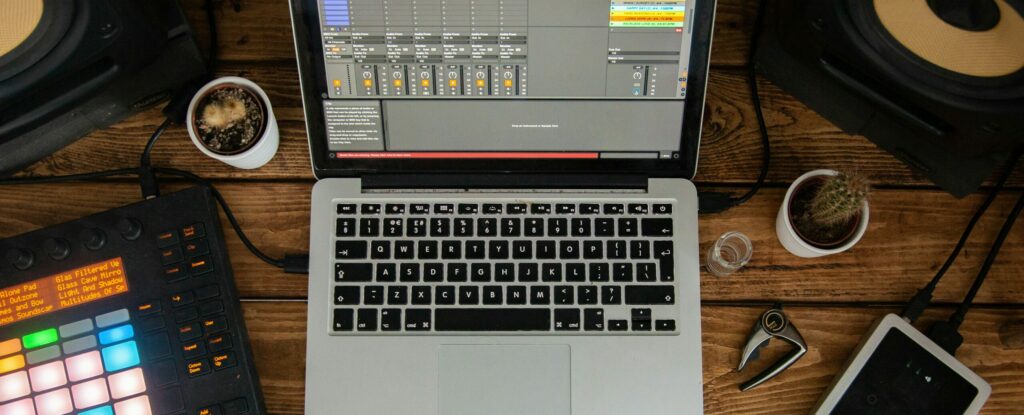
For reference when you’re looking at specifications, a safe rule is that the higher the number in the product name, the better the technology used. Intel’s core range includes the i3, i5, and i7 CPUs, with the i7 being the best. Similarly, AMD CPUs range from the A4 up to the A10. If you’re going to be working on big sessions with lots of plugins and large amounts of samples/stems, you should consider the best processor you can afford. Being able to run multiple processes simultaneously makes for much better music production laptops.
Random Access Memory
Random-access memory (RAM) is essentially your laptop’s temporary memory, which is used very frequently. Every time you boot the machine, your operating system and other files are loaded onto the RAM and stored for the user session. The reason for this is that RAM is far faster for reading and writing data than any type of hard drive. Thinking in terms of music production, you’re likely to want to have multiple software instruments and effects plugins loaded in one session. If you’re using any sample libraries like Kontakt, you’re going to be storing a lot of data that needs to be recalled quickly. In order for the machine to do this, you’ll need plenty of RAM to store data. This is definitely an area you do not want to scrimp on.
My first studio build had 8GB of RAM, and it wasn’t until I got into mixing sessions with 50+ stems and 100+ plugins that I started to feel the machine slowing down. If you can honestly say that your work never exceeds this level of content, then stick with 8GB, and you’ll be set. However, if you’ve got the budget and you know you’re likely to work on some more intense projects, then it’s absolutely worth stepping up to 16GB.
Solid State & Hard Disk Drives
These days, memory is relatively cheap, so finding laptops that come with over a terabyte of storage isn’t uncommon. The key topic of discussion these days is solid-state versus hard disk drives. Put simply, solid-state drives (SSD) use microchips and have no moving parts. Hard disk drives (HDD) have a reading arm that reads and writes data to a physical disk stored inside the drive. As you can imagine, the device with no moving parts is faster, more efficient, and much safer than its physical counterpart.
If you work with a lot of instrument or drum samples, or with projects that have large amounts of stems, reading the data from an SSD will be smoother and faster. If you want to really speed up your workflow, having your operating system and DAW program files stored on their own private SSD is the key. In this setup, less data is stored on the drive and so it can be searched even quicker. This means quick boot times and faster project loading times. Keep all of your VSTs, samples, and stems on another SSD and you’ve got a pretty perfect setup. It’s all about efficiency with music production laptops.

If you’re not sure how much storage you might need, you can check out this handy byte converter. Simply type in the size of one of your project files (let’s say it’s 500MB), and the converter will show you what that is in gigabytes and terabytes. 500MB is 0.49GB, which means that a 500GB hard drive would be able to store just over 1,000 equivalent projects. Just imagine how many you could fit onto a terabyte drive!
Graphics Processing Units
This section is really only something to consider if you intend to use your laptop for anything more intense than music production. Most DAWs aren’t very graphically demanding, so you’ll find that a standard GPU will do the job just fine. However, if you’re an artist and might want to consider doing some promotional work such as photo editing or video editing, as well as audio editing, you’ll want to consider getting a more powerful third-party graphics unit. As it isn’t particularly important for music production laptops, I will leave it at that. If you’re interested in getting something a bit more powerful, a good place to do your research is GPUBoss.
Battery Life
If you’re looking to get a laptop, you probably spend a lot of time on the go. In that case, battery life becomes extremely important. Most brand new laptops offer good battery life, lasting anywhere from 8 to 16 hours of constant use before they completely deplete. This duration should be more than sufficient for your music production needs. However, not all laptops are built the same, and many batteries fail after only 1-2 years of regular use.
Many people believe that Apple products last longer than those from other brands. Their design and use of internal space allow for greater battery capacity, which supports this belief. In fact, in 2017, the consumer association Which? found that Apple batteries were the only ones that lived up to their claims. If you intend to work a lot on the go, examining battery life will be a key factor in choosing a device.
Fans, Cooling, and Peripherals
Now we come down to all the extra things that you might want to consider. Cooling in laptops has always been an issue, and if you intend to do long sessions, keeping your machine from overheating is important. Although they might be chunkier and heavier, opting for something with better-performing cooling systems is a great idea. Water cooling is really not an option (unless you have A LOT of spare money), so make sure you’ve got decent fans and that you use your laptop in spaces that won’t compromise circulation.
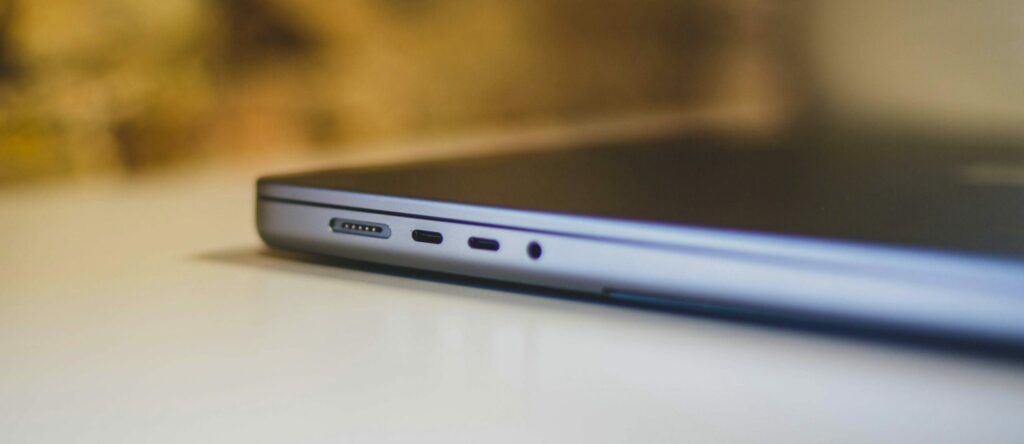
Another thing to consider is the connections. People looking for music production laptops are likely to also own kit like MIDI keyboards, MIDI controllers and external audio interfaces. Equally, if you’re on the go a lot then you might need some form of mobile data dongle. Just make sure to check the details to ensure you’ve got USB ports and any other form of ports you might need. It sounds crazy, but it seems to be pretty popular these days to remove some of the most essential things that a laptop needs.
My Suggestions for Music Production Laptops
Below I have picked out three of my favourite music production laptops. I’ve provided each at a different price point so you can get a good feel for what you should be getting for your money. Each of these includes an SSD, 8GB of RAM and at least an i5 processor.
Aspire 5 Laptop – A515-51-50XZ – $569.99
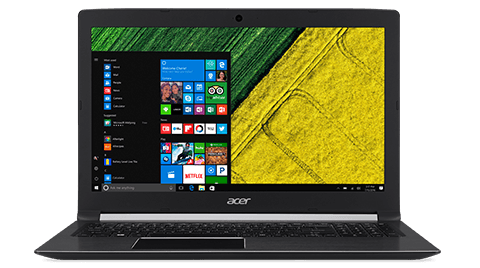
This nifty little laptop comes in at a fantastic price for what it offers. With an Intel i5 processor, you will have all the speed you need to create even the most sonically dense music. Additionally, 8GB of RAM means you can get pretty intricate with your plugins before you start to feel the machine slow down. One of my favorite things about this laptop is the storage space. You’ve got a 128GB SSD drive, which will be perfect for storing your OS, DAW, and any other music-related software. You’ve also got a 500GB HDD, providing ample space to store project files and samples. This is what all music production laptops should look like!
Lenovo Flex 15 Onyx Black – $999.00
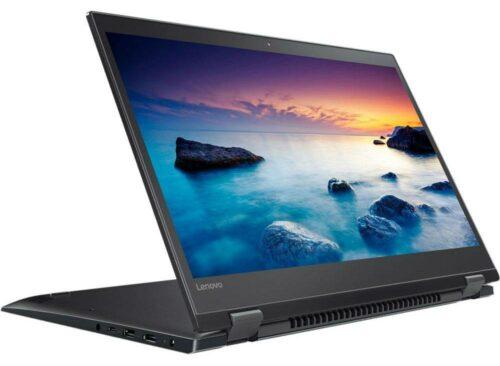
Next, we have a great mid-market device that brings a lot of new capabilities to the playing field. This Onyx black edition of the Lenovo Flex 15 offers 16GB of RAM and a 512GB SSD drive, with an 8th generation i7 CPU. This machine far outperforms the Aspire and has even more to offer. This handy device has a fully rotatable screen, meaning it can be used like a tablet. With its touch screen, this is super handy for those on-the-go mixes you’re trying to tweak. Also, Lenovo laptops are well known for their good battery life, so with a machine like this, you know you’ll be able to work for a while before needing to charge it up.
MacBook Air – $1199 – $1549
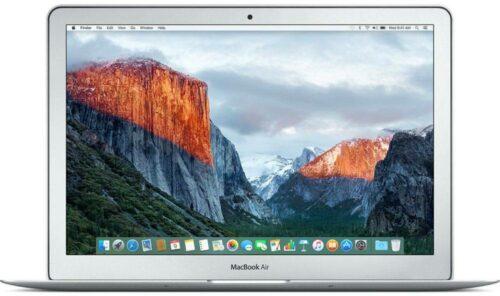
It really wouldn’t be an article about laptops without mentioning Apple. The MacBook has long been a staple of the creative industry and is still very popular in recording studios and educational facilities around the world. If you’re not a Mac person, then the previous two laptops will suit you. If you want something more powerful, then use those as a starting point so you have something to compare against. However, if you are an Apple person, then I won’t need to sell you too hard on this. Macs are renowned for being trustworthy and having long lifespans, so it’s a safe bet they’ll be worth it in the long run. Choose between an i5 or an i7 processor, get 8GB of RAM, and between 256GB and 512GB of SSD memory, and you’re good to go!
TL;DR
When choosing a good laptop, you have a lot to consider. You need to find a device that can handle your tasks while also fitting into your current setup. Additionally, it should be portable, fast, and easy to set up. Make sure to check the technical specifications and compare components such as processors, RAM, and drive types and sizes. Also, ensure that your new laptop supports all your other devices. Keep it clean and well-ventilated so your new laptop can enhance your creative capabilities, allowing you to create anytime, anywhere, and with anyone!
À propos de l'auteur

Tim Dunphy
Ingénieur audio et rédacteur de contenu spécialiséPlus de 10 ans d'expérience dans le domaine de l'audio. Tout, de l'enroulement de XLR au mastering d'albums. Je suis un self-made-man et je garde mes actifs en bitcoins. Qu'y a-t-il de plus à savoir ?
Laisse un commentaire
Connecte-toi pour commenter.
